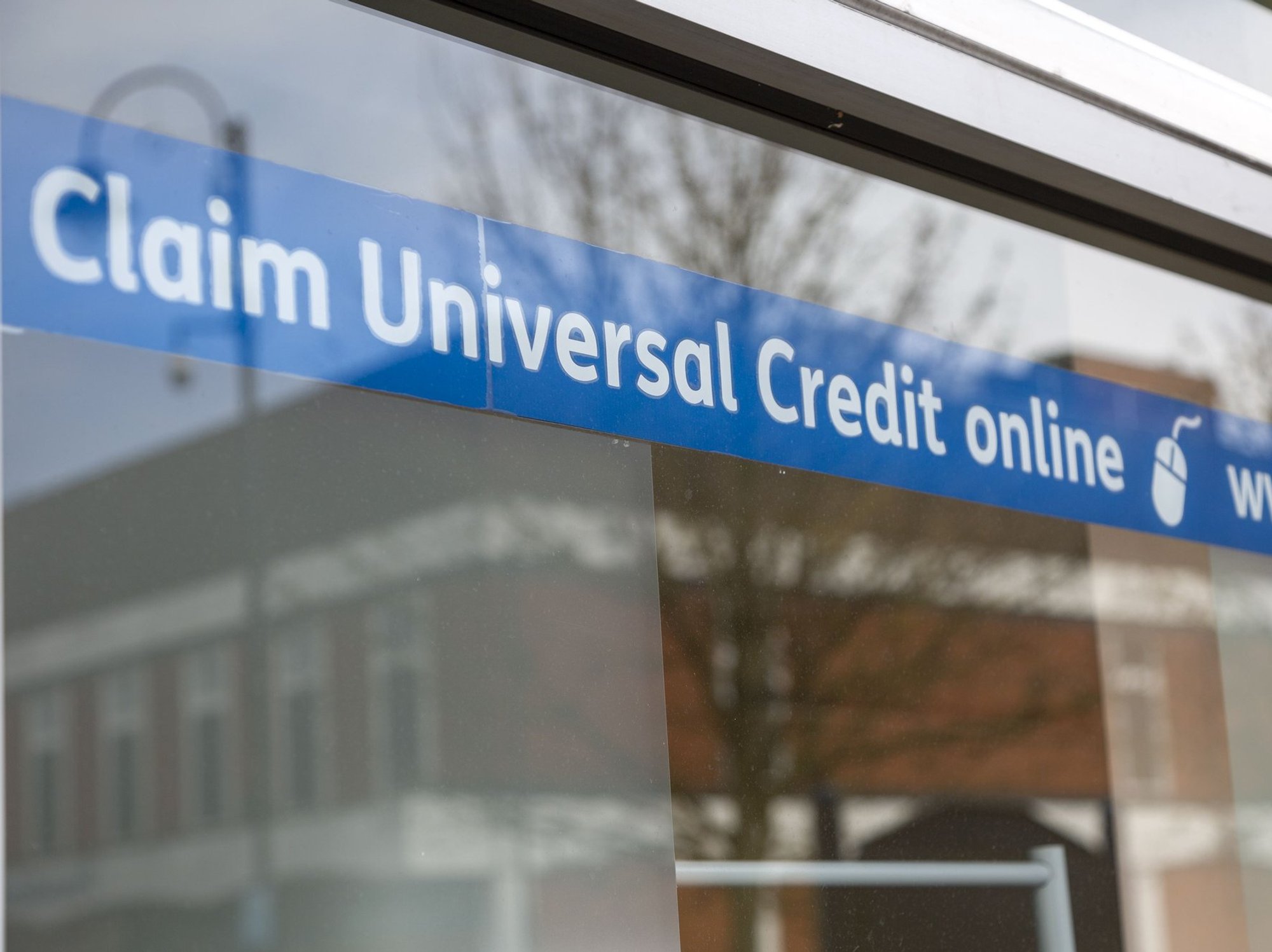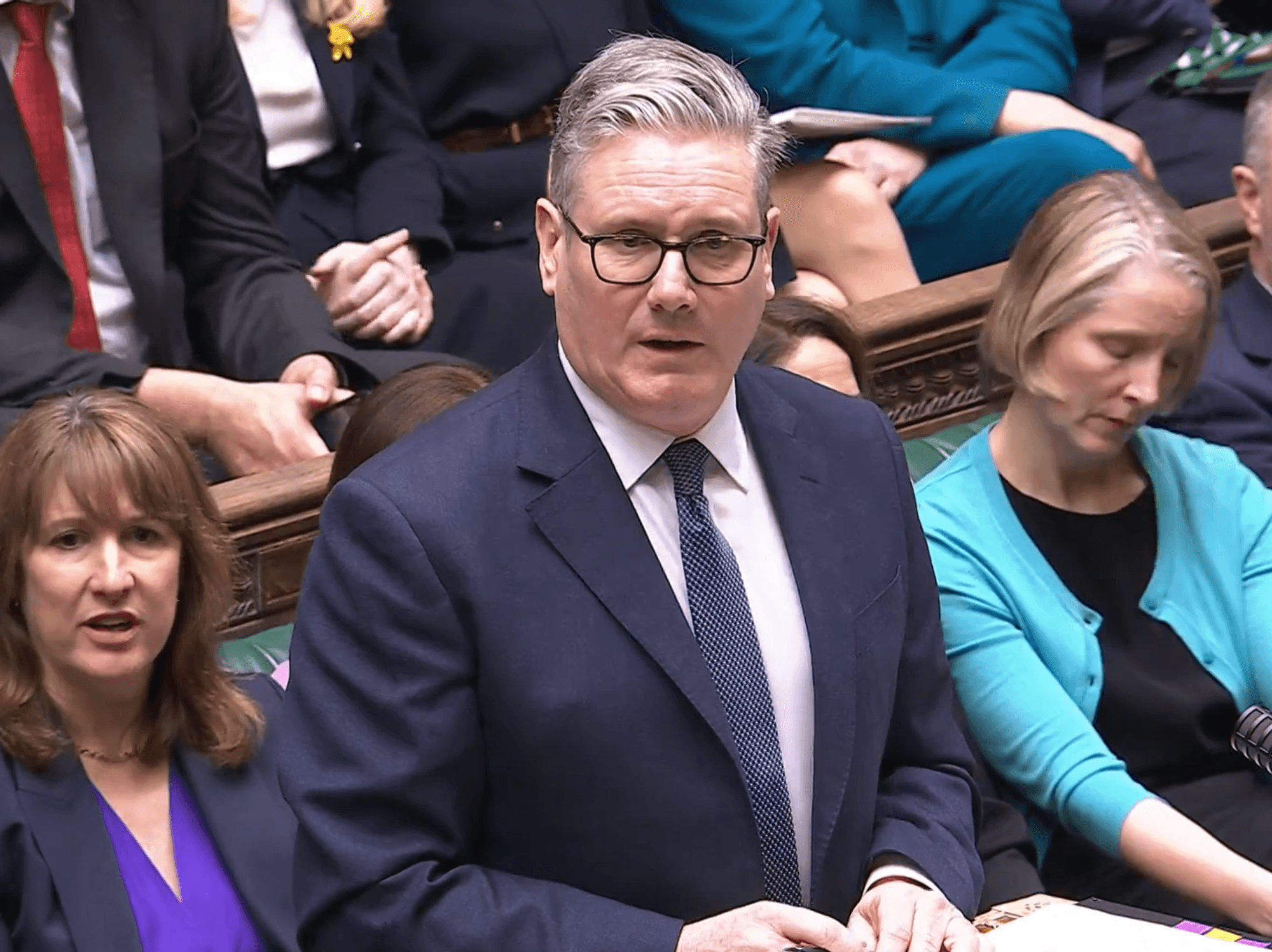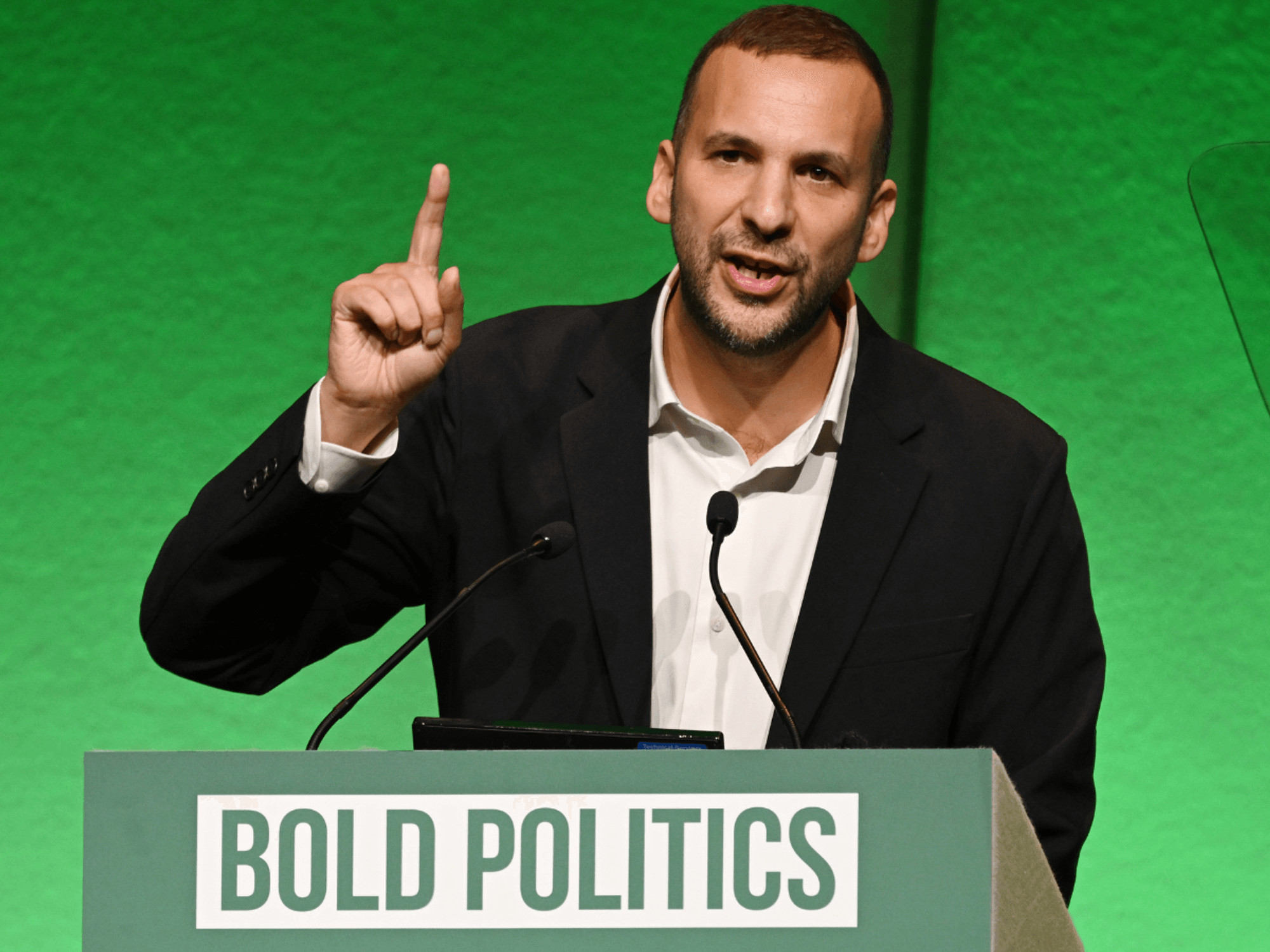Rachel Reeves pledges £150 cut to energy bills while price cap and net zero charges push bills higher
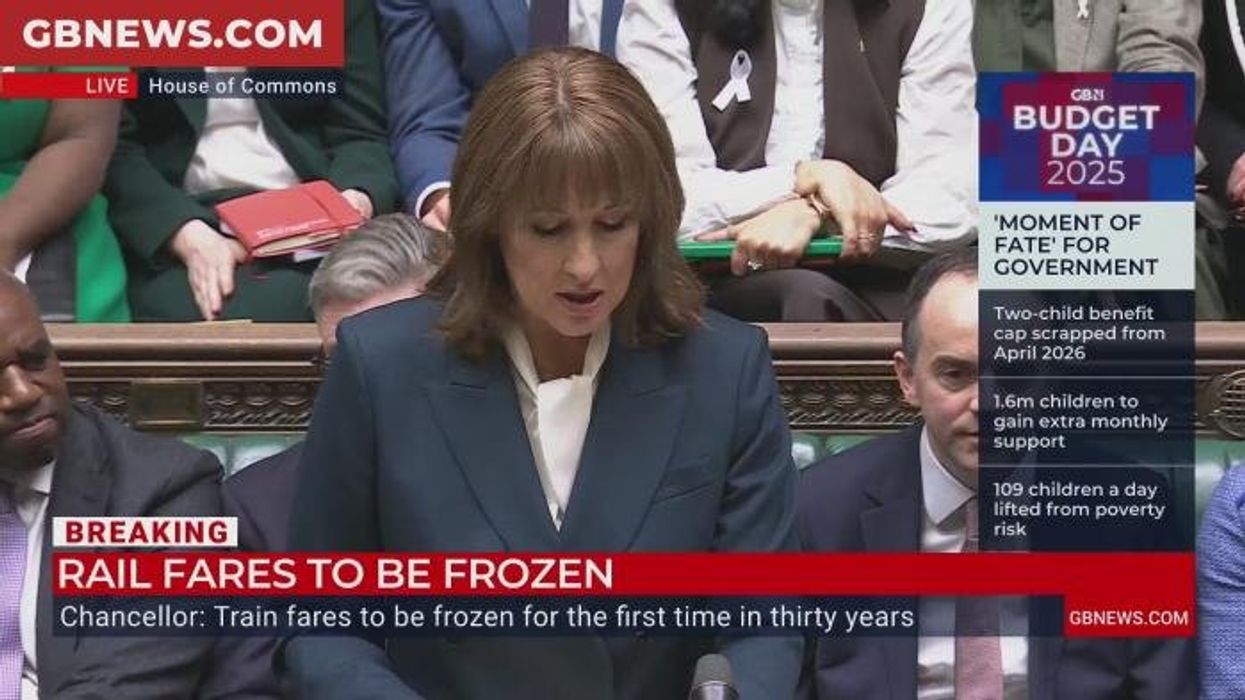
Rachel Reeves announces plans to cut energy bills by |
GBNEWS

The energy bill cut won't kick in until April 2026
Don't Miss
Most Read
Latest
Chancellor Rachel Reeves has pledged to cut household energy bills by £150 a year from April.
The measure is designed to offer relief to families still struggling with rising living costs.
The saving will come from scrapping the previous Conservative government’s energy company obligation scheme.
It will also be funded by partially removing the renewables obligation levy.
TRENDING
Stories
Videos
Your Say
Speaking during her Autumn Statement, Reeves declared: "For every family we are keeping our promise to get energy bills down and cut the cost of living - with £150 cut from the average household energy bill from April."
The announcement arrives as households prepare for another price cap increase to £1,758 in January.
The timing of this support package comes as energy costs continue to climb, with regulator Ofgem confirming bills will rise to £1,758 from 1 January for households on standard variable tariffs.
This represents a monthly increase of 28p for typical energy usage, following October's two per cent rise that added £35 to annual bills.
 Rachel Reeves pledges £150 cut to energy bills while price cap and net zero charges push bills higher
Rachel Reeves pledges £150 cut to energy bills while price cap and net zero charges push bills higherIndustry analysts Cornwall Insight have warned of additional increases in spring, projecting a further £75 rise due to network maintenance and upgrades.
The forecasters also predict an extra £100 increase next year linked to net zero policies, meaning households face mounting pressure before the April reduction materialises.
The measures involve removing two significant charges from energy bills, with the energy company obligation currently contributing £43 to average annual costs and the renewables obligation levy adding approximately £90.
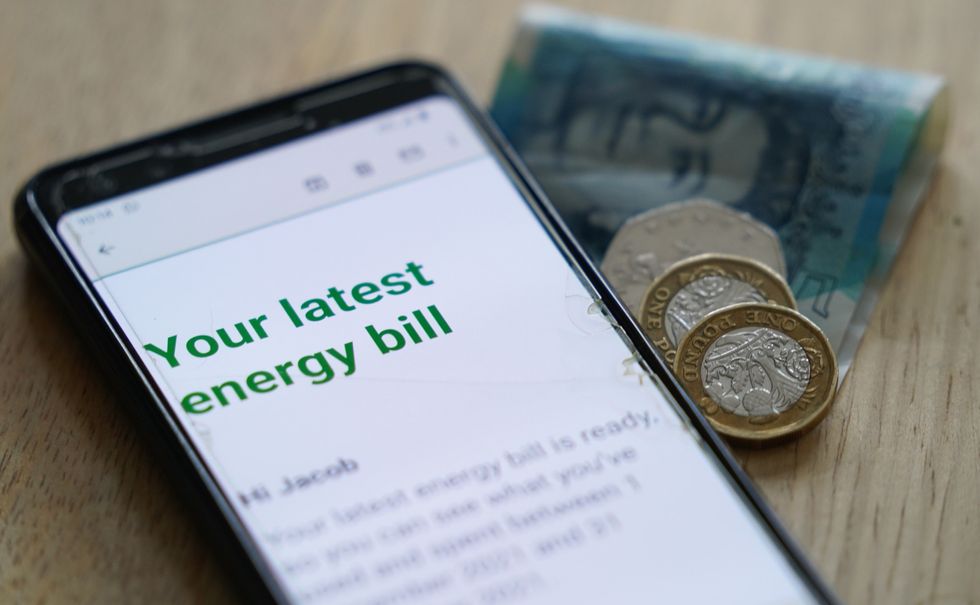
The energy price cap will rise in January
| PATreasury documents indicate the temporary removal of the renewables obligation will require £3billion in government funding next year, followed by £2billion annually until 2028/29.
Ms Reeves emphasised the need for comprehensive action, stating: "One of the greatest drivers of the rising cost of living is the cost of energy.
"The cause of high energy bills must be tackled at source, and so we are investing in energy security - in nuclear and renewable energy - and in insulation through the Warm Homes Plan."
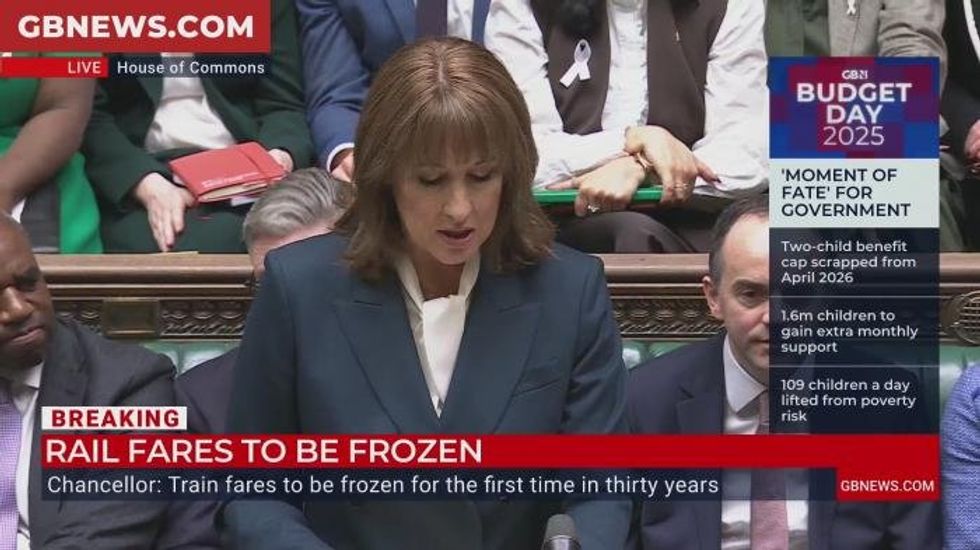
Rachel Reeves announces plans to cut energy bills
| GBNEWSDespite expectations, the Chancellor chose to maintain the five per cent VAT rate on energy bills, which would have provided an additional £84 in annual savings for households.
The decision to scrap the energy company obligation has drawn criticism from environmental groups, with Greenpeace UK's Ami McCarthy warning that "cutting the insulation programme and funding risks leaving millions of households in fuel poverty, trapped in cold, damp homes."
McCarthy acknowledged the scheme required reform due to issues with substandard installations but argued that complete elimination would prove counterproductive.
Labour's election manifesto commitment to reduce energy bills by £300 annually by 2030 remains a target as the government balances immediate relief with longer-term energy transition goals.






